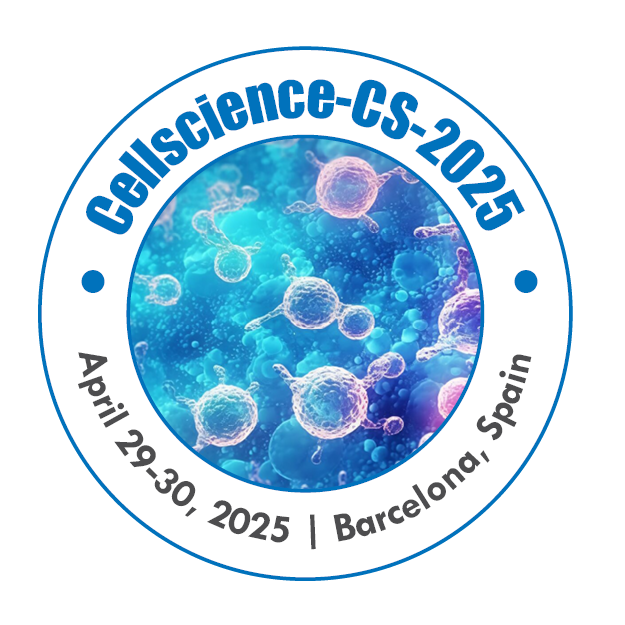Synthetic Biology and Bioengineering
Synthetic biology is an interdisciplinary branch of biology and engineering that combines principles from biology, engineering, and computer science to design and construct new biological parts, devices, and systems, as well as to redesign existing biological systems for useful purposes. Synthetic biology aims to apply engineering principles to biology, treating cells as programmable machines. Researchers design biological parts, circuits, and systems to perform specific functions, similar to designing electronic circuits. Synthetic biology has a wide range of applications, including the production of biofuels, pharmaceuticals, and chemicals; environmental remediation; agriculture; and healthcare. It also holds promise for creating novel materials and biosensors. Advances in genome editing technologies, such as CRISPR-Cas9, have revolutionized synthetic biology by enabling precise modification of DNA sequences in living organisms. This has opened up new possibilities for creating custom-designed organisms with desired traits. To facilitate the design and construction of biological systems, synthetic biologists have developed standard biological parts and devices that can be used interchangeably in different systems. This standardization helps in the modular construction of complex biological systems. The field of synthetic biology raises important ethical and safety concerns, including the potential for bioterrorism, accidental release of engineered organisms, and unforeseen environmental impacts. Researchers and policymakers are working to address these concerns through guidelines and regulations.
Related Conference of Synthetic Biology and Bioengineering
21th World Congress on Tissue Engineering Regenerative Medicine and Stem Cell Research
16th International Conference on Human Genetics and Genetic Diseases
19th International Conference on Genomics & Pharmacogenomics
Synthetic Biology and Bioengineering Conference Speakers
Recommended Sessions
- Stem Cell Research and Therapy
- Cell and Tissue Engineering
- Bioinformatics and Systems Biology
- Cancer Biology and Cell Signaling
- Cell Cycle and Cell Division
- Cell Migration and Invasion
- Cellular Mechanotransduction
- Cellular Metabolism and Metabolic Disorders
- CRISPR and Genome Editing Technologies
- Developmental Biology and Regenerative Medicine
- Epigenetics and Epigenomics
- Microbiome and Host Interactions
- Molecular and Cellular Immunology
- Molecular Genetics and Gene Therapy
- Molecular Pathology and Diagnostics
- Nanotechnology in Cell Biology
- Neurobiology and Neurodegenerative Diseases
- Proteomics and Protein Engineering
- Signal Transduction and Cell
- Single-Cell Analysis and Applications
- Structural Biology and Molecular Dynamics
- Synthetic Biology and Bioengineering
Related Journals
Are you interested in
- 3D Bioprinting, Organ Fabrication & Bioartificial Tissues - Stem Cell 2026 (Netherlands)
- Aging Biology, Longevity Science & Cellular Rejuvenation - Stem Cell 2026 (Netherlands)
- Artificial Intelligence and Computational Biology in Regenerative Medicine - Stemgen 2026 (Japan)
- Bioinformatics, AI Models & Predictive Regeneration - Stem Cell 2026 (Netherlands)
- Biomaterials and Nanotechnology in Regenerative Medicine - Stemgen 2026 (Japan)
- Cancer Stem Cells & Targeted Therapeutics - Stem Cell 2026 (Netherlands)
- Cancer Stem Cells and Oncology - Stemgen 2026 (Japan)
- Cardiac, Vascular & Musculoskeletal Regeneration - Stem Cell 2026 (Netherlands)
- Cardiovascular Regeneration - Stemgen 2026 (Japan)
- Clinical Translation of Stem Cell Therapies - Stem Cell 2026 (Netherlands)
- Clinical Trials and Translational Stem Cell Research - Stemgen 2026 (Japan)
- Commercialization, Biobanking & Industry Innovations - Stem Cell 2026 (Netherlands)
- Ethical, Legal, and Social Implications in Stem Cell Research - Stemgen 2026 (Japan)
- Ethical, Regulatory & Quality Control Frameworks - Stem Cell 2026 (Netherlands)
- Exosomes, Extracellular Vesicles & Cell-Free Therapeutics - Stem Cell 2026 (Netherlands)
- Future Trends: Organoids, Bioengineering, and Next-Generation Therapies - Stemgen 2026 (Japan)
- Gene Editing and CRISPR Technologies - Stemgen 2026 (Japan)
- Gene Editing, CRISPR Therapies & Regenerative Genomics - Stem Cell 2026 (Netherlands)
- Induced Pluripotent Stem Cells (iPSCs) and Reprogramming - Stemgen 2026 (Japan)
- Mesenchymal Stem Cells (MSCs) in Therapy - Stemgen 2026 (Japan)
- Regeneration in Neurodegenerative & Spinal Cord Disorders - Stem Cell 2026 (Netherlands)
- Regenerative Approaches in Diabetes & Metabolic Disorders - Stem Cell 2026 (Netherlands)
- Regenerative Dentistry and Craniofacial Applications - Stemgen 2026 (Japan)
- Regenerative Immunology & Immune Modulation - Stem Cell 2026 (Netherlands)
- Regenerative Medicine and Tissue Engineering - Stemgen 2026 (Japan)
- Stem Cell Banking and Cryopreservation - Stemgen 2026 (Japan)
- Stem Cell Biology and Cellular Mechanisms - Stemgen 2026 (Japan)
- Stem Cell Engineering & Cellular Reprogramming - Stem Cell 2026 (Netherlands)
- Stem Cells in Neurological and Neurodegenerative Disorders - Stemgen 2026 (Japan)
- Tissue Engineering, Biomaterials & Smart Scaffolds - Stem Cell 2026 (Netherlands)

